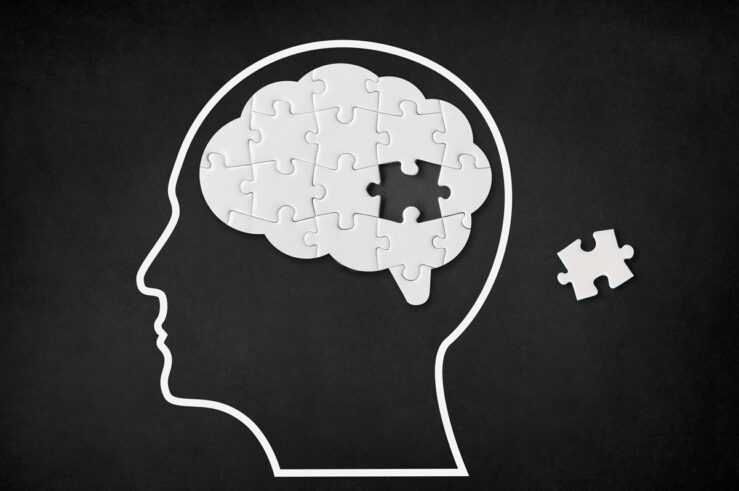Although pure software patents are only a couple decades old, they have become the focus of a heated innovation policy debate. On the one hand, new technological innovation once imagined only as science fiction is now a commonplace feature of our lives — tablet computers, smart phones, wireless telecommunication, cloud computing, and streaming television, movies and songs, to name just a few of our modern marvels. On the other hand, the high-tech industry seems awash in patent litigation, especially in the “smart phone war” between Apple, Samsung, Google, Microsoft, and other high-tech firms. As a result of this extensive litigation, commentators in newspaper articles, in blogs, and at conferences now complain about the “problem of software patents.” Conventional wisdom seems to be quickly gelling around the proposition that software patents are a problem that demands a solution from Congress or the courts. The speakers on this previously recorded teleconference discuss whether software patents advance development of new technological innovation or hinder this vital innovation. The panelists represent all viewpoints on this topic, and bring their extensive academic, legal and industry experiences to bear on this increasingly important issue in the innovation policy debates today.
Featuring:
- Prof. Adam Mossoff, George Mason University School of Law
- Prof. David Olson, Boston College Law School
- Mr. Robert R. Sachs, Partner, Fenwick & West LLP
- Moderator: Prof. Mark Schultz, Southern Illinois University School of Law
Running Time: 01:02:26
It’s also available for download via iTunes for those of you who have been assimilated, contributing your biological and technological distinctiveness to Apple.




